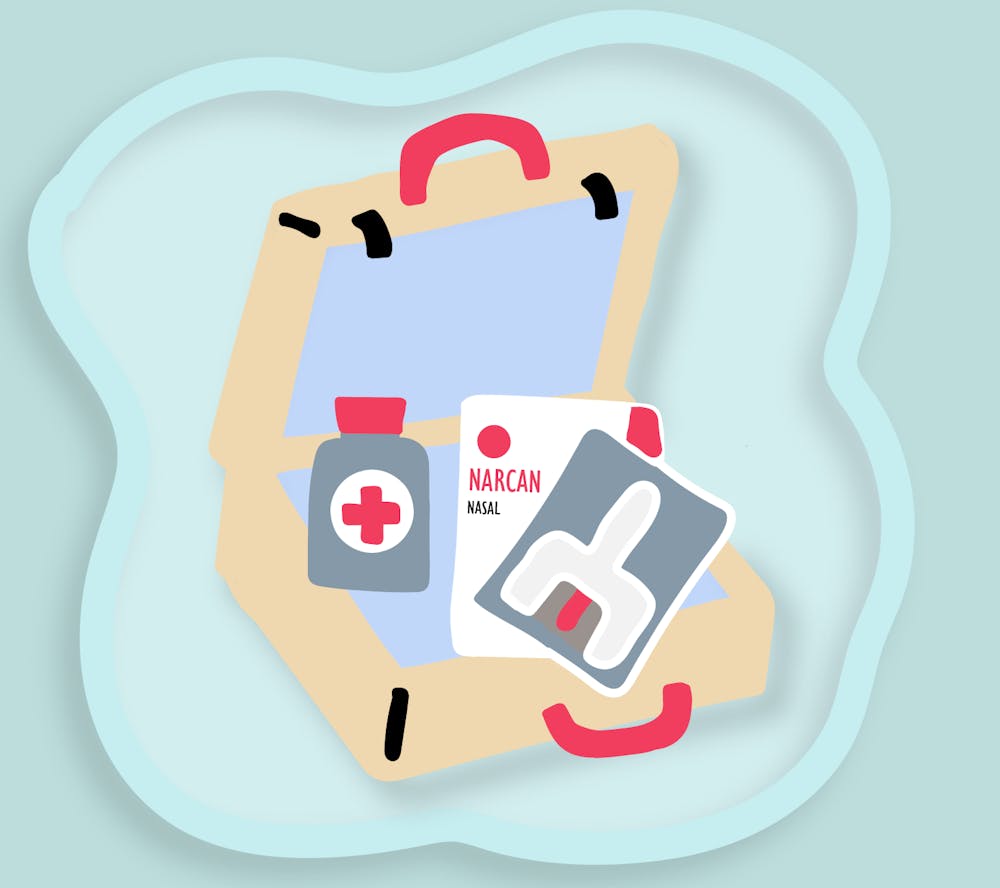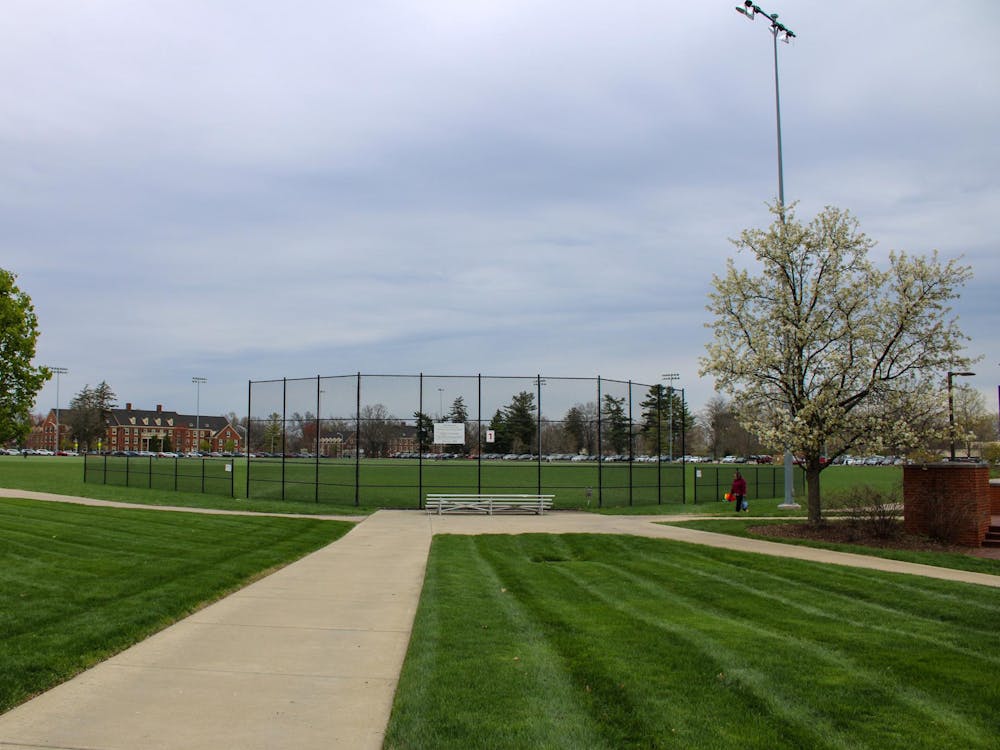Ohio has the third highest rate of opioid overdoses per capita in America. In Butler County, that rate is even higher than the state average.
This puts Miami University squarely in the epicenter of the opioid epidemic.
The Office of Student Wellness recently announced that it will bring overdose stations to our campus. These stations will provide Naloxone, a drug that stops overdoses in action.
It is strange to think about the caricature of drug addicts as junkies that don’t contribute to society and deserve their fate with reference to a patient prescribed opiates. On the contrary, the opioid epidemic affects people of all walks of life, much to the chagrin of those who profess “personal responsibility.”
Many Americans work their whole lives and avoid all drugs and other vices but still take opioids to treat a medical condition. Through no fault of their own, this highly addictive drug can take over someone’s life and wreak havoc on their day-to-day forever. They could then spend their whole life addicted to opioids and succumb to overdose.
This is why working to combat opioid addiction and harm reduction is so important for this university; it is unavoidable. Even if addiction only affects a small portion of our community, we need to be prepared for emergencies affecting anybody at any given time.
Harm reduction is important, but we can do better and we can do more. Opioid addiction affects more white people than any American drug epidemic in the past. Other epidemics, like crack, plague minority communities disproportionately yet fail to garner a big response like the opioid epidemic does.
The opioid epidemic, as a result of spreading systematically through the healthcare system, affected not just the poor, but the rich as well. This is part of the reason a higher level of attention is being paid to opioid addiction than to previous addiction epidemics.
Harm Reduction Ohio has been working to inform students on the use of Naloxone, common misconceptions of opioid use and the plight of other drug epidemics hurting Americans, in large part due to the failures to educate Americans in the past.
These small things are great first-steps into the door of ending our nation’s dependence on drugs.
Though the procedure for administering Naloxone is rather simple, especially in the form of Narcan nasal spray, it is important that we understand the surrounding opioid epidemic and ideas about drug use and harm reduction. This allows us to properly understand the social implications of the opioid epidemic, how it relates to past drug epidemics and how to properly fight drug addiction and overdose.
Ultimately, harm reduction — like providing Naloxone for emergencies — is important and absolutely necessary. Providing life-saving medicine to students is as necessary as providing food and water, and I support Miami’s introduction of Naloxone on campus. To say otherwise is to ignore a huge, solvable problem plaguing this country.
Enjoy what you're reading?
Signup for our newsletter
Having Naloxone on Miami’s campus is a great step toward ending this terrible epidemic. Naloxone will save lives. Nothing matters more than that.
Bode Freese is a first-year biology major from Chagrin Falls, Ohio. He is involved with the American Conservation Coalition, The Miami Student, Zero Waste Oxford, Alpha Phi Omega, Miami Political Review, Students for Justice in Palestine, Miami University Geological Society and Young Democratic Socialists of America.




